On Cause: Ursula and Homo Mysticus (excerpt)
I have a fascination with Ursula Le Guin. Not with her necessarily but the worlds she creates with her pen. My favorite is the Earthsea series which is perhaps one of the greatest Science fiction / fantasy novels / series of the twentieth century, right up there with Lord of the Rings.
The first book is the Wizard of Earthsea which tells the story of a young wizard named Ged who finds himself in a school for wizards as a boy and in a fit of anger, and pride, unleashes a demon from the depths of darkness who pursues him to the ends of the earth. The story is how he vanquishes this shadow and ultimately what its nature is.
This is a book about Ged too, in a way. About a boy who loses himself and then seeks to find himself, following the breadcrumbs that were left by other seekers who knew the way, and who encoded their secrets in ancient texts and wisdom that has been passed down, and mostly remained hidden, throughout the ages. We intend to illuminate some of that here, and compile it in such a way that a guidebook of sorts can be left for future seekers, so that they might know the way. And that the road might be a little easier.
Perhaps one of the most oft translated and expounded upon verse from ancient texts is the first chapter of the Lao-Tzu, or the Dàodé Jīng, the Way of Virtue. The book is right up there with the Bible in terms of influence and longevity, its truths speaking to us even today. No doubt some of its verses reach as farther back into antiquity than the academics are willing to consider. It is constructed as all great wisdom is, in verse and with sound, only to be documented later in language and as such survives down to us in some sort of unbroken lineage.
What most people don’t know about Ursula is that she wrote a translation of the Dàodé Jīng. It is a unique translation in that she does not translate the text literally, through which much of its weight, its gravitas, is lost you might say, but she tries to bring the text to life in a way by keeping to the poetic verse which is embedded in the originally Chinese. Hers is not a philosophical work so much as it is a work of poetry, which no doubt is what the text originally intends to be by the sages that preserved it all those years.
As with all of her work she tries to speak to the Soul, and also like most of her work she does a darned good job – with beauty and grace and… well she just has knack for it really.
The way you can go
Isn’t the real way.
The name you can say.
Isn’t the real name.Heaven and Earth
Begin in the unnamed:
name’s the mother
of the ten thousand thingsSo the unwanting soul
sees what’s hidden,
and the ever-wanting soul
sees only what it wants.Two things, one origin,
but different in name,
Whose identity is mystery.
Mystery of all mysteries!
The door to the hidden.[1]
What could be the best thing about this translation by Ursula is perhaps her comment, in the classic wit and dry humor that I just love about her writing, just after the verse at the bottom of the page. She says:
A satisfactory translation of this chapter is, I believe, perfectly impossible. It contains the book. I think of it as the Aleph, in Borge’s story: if you see it rightly, it contains everything.
In this verse then, coupled with her comment on it (which made me laugh when I read it) is everything. It is all here. The Aleph in Jewish mysticism is the beginning and end of all things, in it is contained everything, as she mentions – alluding to a short story by the Argentine writer and poet Jorge Luis Borges where Aleph is denoted as appoint in space which contains all space, all other points. Anyone who looks at it sees the entire universe.
Through the lens of this verse, Ursula is telling us that everything is contained herein. And as usual, she is right. We have:
- First and foremost, and this is very Chinese, there is no destination here – we are not looking for an entrance to Heaven.
- Truth, wisdom… enlightenment rests in our ability to understand and ultimately be, the Way. An ever changing and flowing process of Man in Nature and his relationship to Heaven (Dàodé Jīng).
- This world of name and form isn’t real, in the ultimate cosmic sense. Note that it doesn’t say that it is unreal either, subtle but important point.
- The unnamed is the source of all things, and through naming (through the Word) this world of name and form is brought into existence.
- The Soul that is bereft of desire sees what is hidden, and the Soul that desires sees what it desires – this is Buddhism in one line basically.
- We all come from the same source, and its essence is not knowable and yet at the same time it is through this attempt at knowing that the mystery of the Way is revealed.
Everything is here. Meditate on this verse each day for 10 days, just spend a few minutes every day on it for a period of time. Reinforce its meaning, its words in your head, as any mantra (which is essentially what it is in the original) is intended to do. Through its song, its sound – and in turn its meaning – it will bring you all the way home. It is all you need really. As they say about any good mantra, which like all tales of fantasy and science fiction is actually true. Go figure.
It is not unreal, this world we live in, but it is a reflection of something greater. Something more profound and more beautiful than we can imagine, lying hidden beneath the small mind and the small ego. Hidden by a veil that came from the Lord himself, so that he can enjoy Life – its beauty and tragedy and bliss and sorrow. All of it.
The world came into existence through his Word, and it is co-eternal with it. We all come from this source, the source of all names and of all things. And if we approach Life in this way, as a grand mystery, a master play of sorts, we shall have wisdom that will help carry us through the dark days of life, and let us see the joy in all of it.
Just as Ged starts his adventure by recognizing that he has power, and then through the misuse of his power lets out something inside himself that torments his Soul, and then journeys to the ends of the earth to destroy it, such is the journey of our lives really.
Whether we choose to believe such stories of myth and fantasy or not, such is the story of our lives here. This is why these stories, these movies and great epic tales, speak to us in a way that nothing else can. These are the stories that were told to us around fires in the wilderness in times gone by ancient priests and sages in the dark of night.
This isn’t that kind of a story really, its probably not that entertaining, but it is the same story nonetheless. The story of a boy who lost his way, and then through some combination of grit and determination coupled with some grace and luck has managed to follow the breadcrumbs at least most of the way home.
This adventure is documented here for future travelers.
Pack light, it is a long journey home but like most journeys it’s the adventure itself which is the fun of it, because once you reach the destination well then you have turned the final page of the book and the adventure is over 🙂
[1] Lao-Tzu, Tao Te Ching. Chapter 1. Translation by Ursula K. Le Guin from “A Book about the Way and the Power of the Way”. 1997 Shambhala Publications Inc.

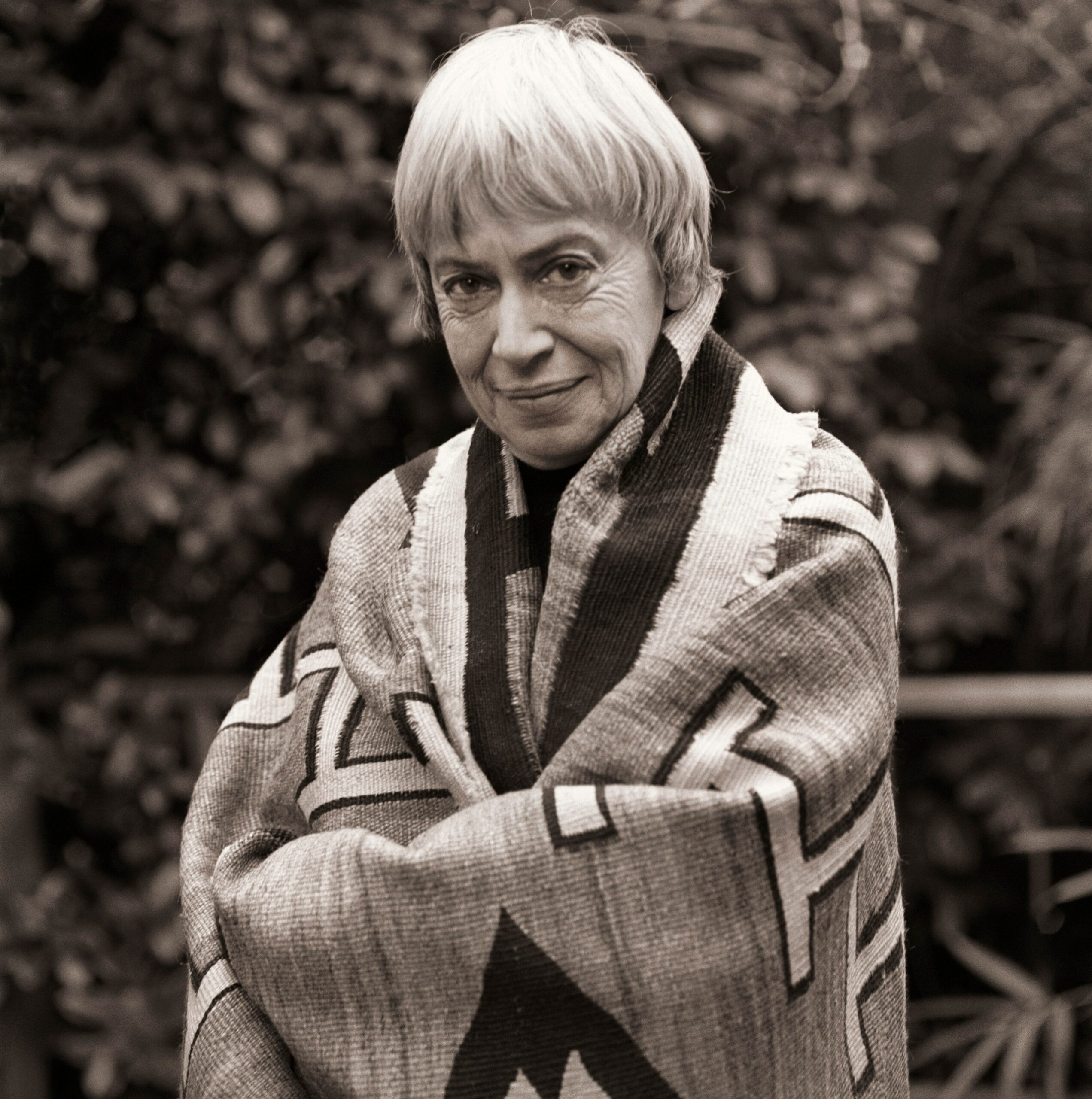
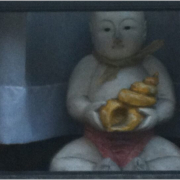
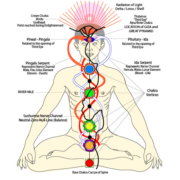
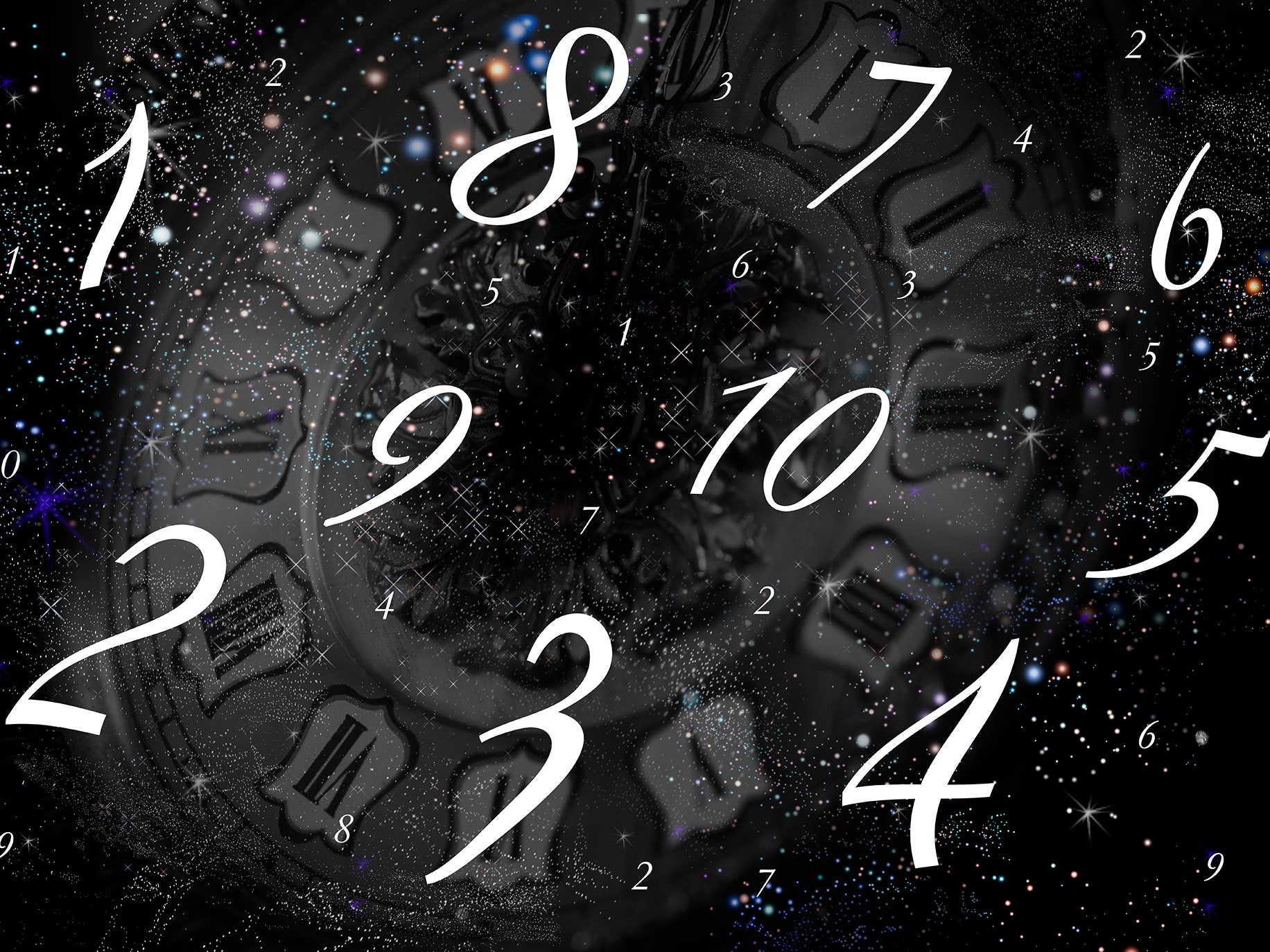
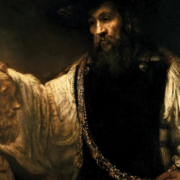
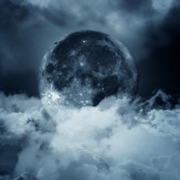
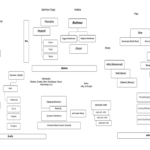
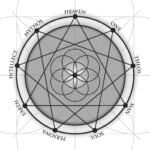
Leave a Reply
Want to join the discussion?Feel free to contribute!